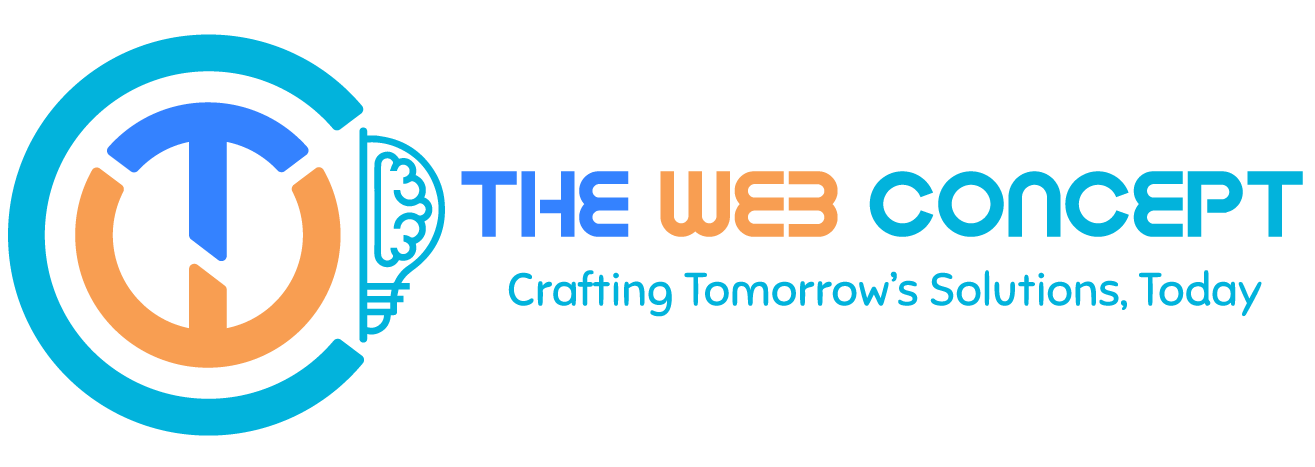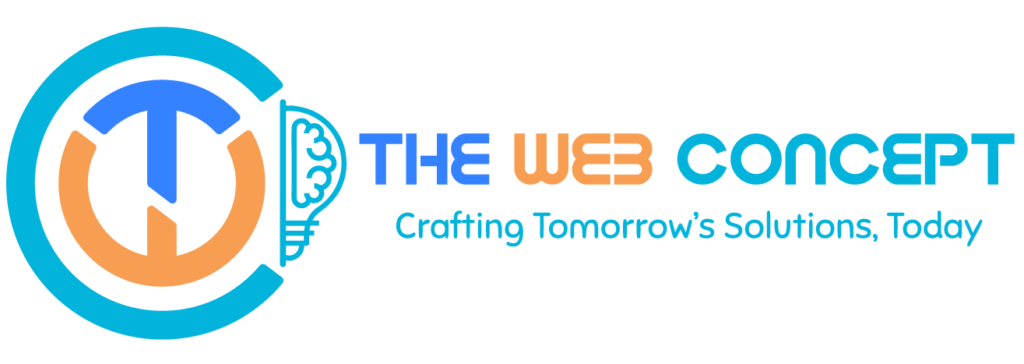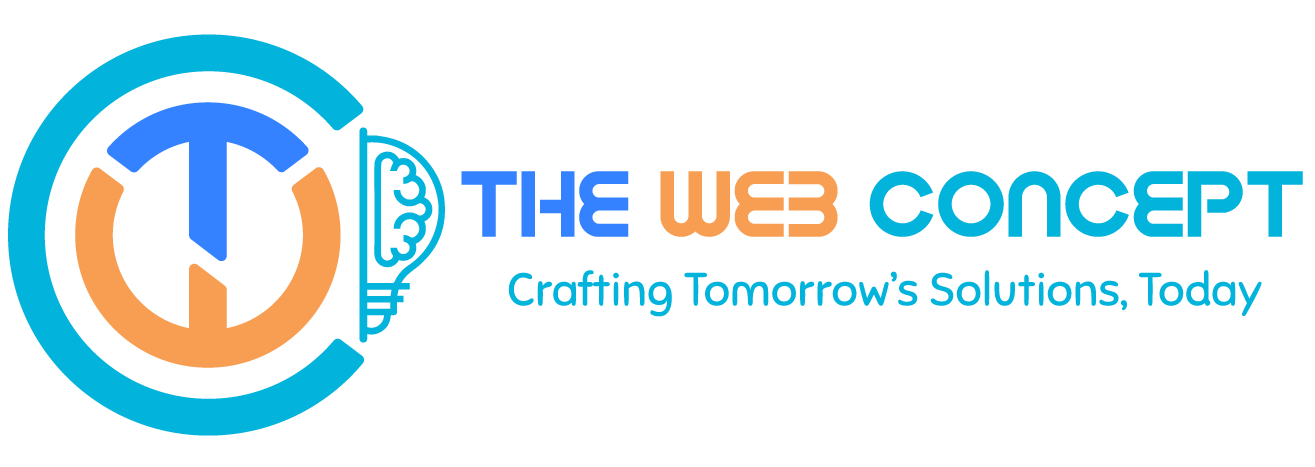When it comes to web development, choosing the right tools can make all the difference. As a
professional custom software developer, We often find urselves recommending Laravel, a
powerful PHP framework that has transformed how we build web applications. In this article,
We’ll explain why Laravel is such a game-changer and how it can benefit your next project.
What Makes Laravel Stand Out?
Laravel is known for its elegance and simplicity, which makes it a favorite among developers.
It’s designed to help us build strong, scalable applications efficiently. One of the key reasons We
recommend Laravel to clients is its clean, readable syntax. This means that code is not only
easier to write but also easier to maintain. When we work with Laravel, we can focus more on
solving your business problems rather than wrestling with the framework.
Security Built Right In
Security is a top concern for any web application, and Laravel has you covered. It comes with built-in features to protect your application from common threats like SQL injection and crosssite scripting (XSS). This means we don’t have to spend extra time adding these security measures manually. Laravel also makes handling user passwords very easily. It uses the Bcrypt hashing algorithm, which is a strong method for securing passwords. For businesses handling sensitive information,
these built-in security features are invaluable. They make sure that your data remains safe without adding extra work for us.
Organizing Code with MVC
One of the best things about Laravel is its use of the Model-View-Controller (MVC) architecture. This approach keeps the application’s business logic, user interface, and data management separate. It’s like having a neatly organized toolkit where each tool has its place.For you, this means that updates and maintenance are simpler. If we need to change the design or
add new features, the structure of Laravel makes it easier to do so without affecting other parts of your application. This organization also makes it easier for new developers to pick up where we left off if needed.
Effortless Database Management with Eloquent ORM
Managing databases can be one of the more complex parts of web development, but Laravel simplifies this with its Eloquent ORM (Object-Relational Mapping). Instead of writing complex SQL queries, we use simple, readable code to interact with your database. Eloquent allows us to perform common database operations quickly and efficiently. This not only speeds up development but also reduces the likelihood of errors. For you, this means a more reliable application and a faster development process.
Flexibility for Growing Businesses
One of the biggest concerns for businesses is whether their web application can grow with them.Laravel excels in this area. It’s built to handle everything from small projects to large-scale applications with high traffic.With features like Laravel Queues, we can manage tasks like sending emails or processing data in the background. This makes sure that your application remains responsive even during busy times. Plus, Laravel integrates well with cloud services, allowing your application to grow up as your business grows.
Testing for Quality Assurance
Testing is an essential part of making sure that your web application works as intended. Laravel makes this process straightforward with its integration of PHPUnit, a tool that allows us to write tests for our code. This helps us catch issues early and make sure that everything is functioning correctly.We can also use Laravel Dusk for browser-based testing, simulating how users interact with your application. This means we can spot and fix any potential issues before your customers do, guaranteeing a smoother experience for everyone.
A Supportive Community and Ecosystem
One of the great things about Laravel is its vibrant community and extensive ecosystem. There are countless resources available, from documentation and tutorials to forums where we can get help and share knowledge. This community also contributes to a wide range of third-party packages that can extend Laravel’s functionality. Whether you need a payment gateway, social media integration, or anything else, there’s likely a package that can save us time and effort.
Conclusion
Laravel offers a strong set of features that make web development more efficient and enjoyable.Its clean syntax, built-in security, and powerful tools like Eloquent ORM and Laravel Queues make it a top choice for building both simple and complex web applications. For you as a client, choosing Laravel means investing in a framework that will help us create a
secure, flexible, and high-quality application. It’s a framework that grows with your business and makes sure that your web project remains reliable and effective for years to come. If you’re ready to start your next web development project, consider the benefits of Laravel. It’s a choice that combines modern development practices with powerful tools to deliver a great
product for your business.
FAQ’s
1.What is Laravel?
Laravel is an open-source PHP framework that simplifies web development with tools for
routing, authentication, and database management.
2. Why use Laravel?
Laravel offers elegant syntax, built-in security, and easy database management, making
development faster and more efficient.
3. Is Laravel suitable for all project sizes?
Yes, it is versatile and works well for both small and large-scale projects, including high-traffic
applications.
4. How does Laravel ensure security?
Laravel includes features like SQL injection protection, XSS prevention, password hashing, and
CSRF protection.
5. What is Eloquent ORM?
Eloquent ORM is Laravel’s database management system that allows for intuitive and readable
database interactions.
6. Can Laravel work with any database?
It supports various databases, including MySQL, PostgreSQL, SQLite, and SQL Server.
7. How does Laravel handle flexibility?
It supports flexibility with features like queues for background tasks, cloud integration, and
caching
8. What is the MVC architecture in Laravel?
Laravel’s MVC (Model-View-Controller) architecture separates data, user interface, and control
logic for better organization and maintainability.
9. How can I test my Laravel app?
Laravel supports testing with PHPUnit for unit and integration tests, and Laravel Dusk for
browser-based testing.
10. Is there community support for Laravel?
Yes, Laravel has a large community with extensive resources, forums, and packages to help
developers.












